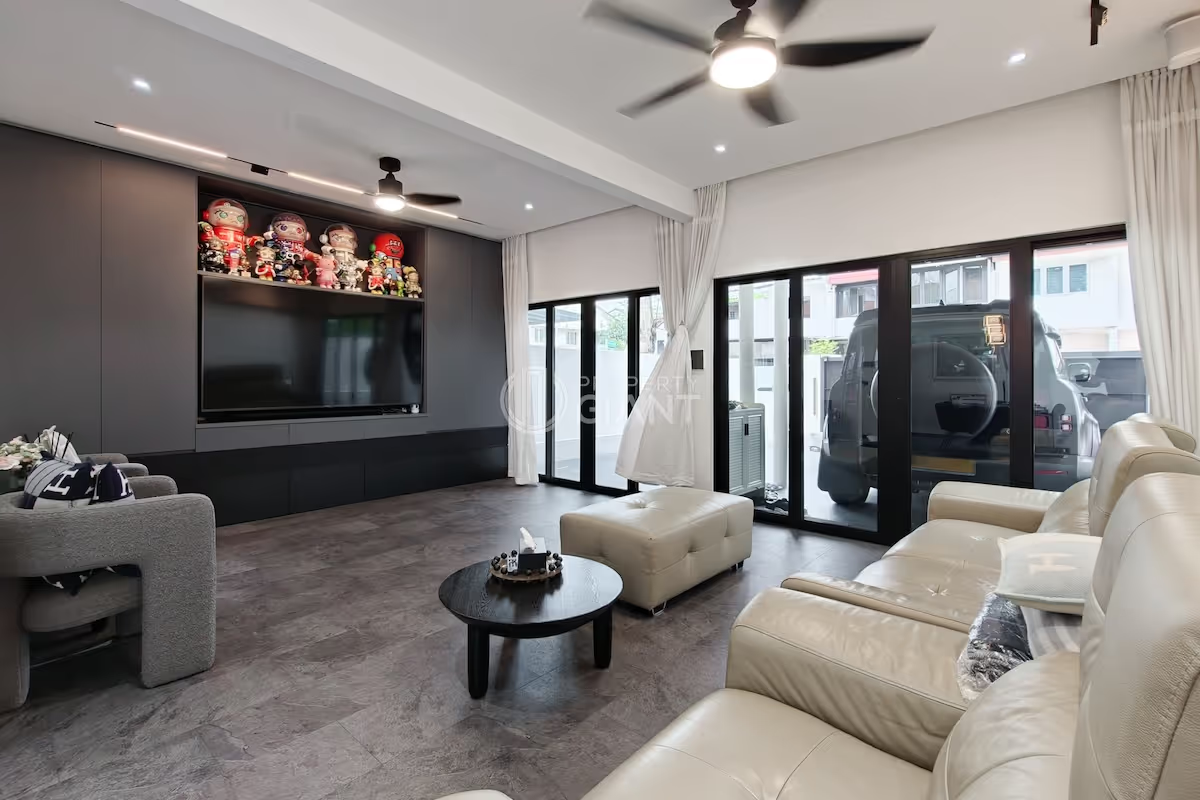SINGAPORE - Many people hold real estate in joint names because there is a legal benefit in doing so - if one party dies, the other joint owner inherits the property - but there can be pitfalls as well.
Lawyers usually advise those making legacy plans for their properties that this rule of "survivorship" will apply even if the owners make other arrangements in their wills.
So if you don't want your share in a property to automatically pass on to the other joint owner upon death, you need to sign a legal document to sever the joint ownership.
This will ensure that the joint owner has only a specified share in the property.
But a recent landmark ruling by Singapore's highest court appears to accord some flexibility to such rigid rules. It noted that a surviving joint owner of a property does not have an automatic right to inherit the property if this is clearly not the intention of the other owner.
This is especially so if the surviving joint owner did not pay anything for the share in the property.
The Court of Appeal made the ruling in a case that involved a Housing Board flat that was in the joint names of a man and his daughter. When the man died, the daughter automatically became the sole owner, to the consternation of her six sisters and a brother.
This ignited a legal tussle over the three-room flat because the man had left a will stating that the flat would go to his only son.
The daughter, who was the joint owner, won her case in the High Court because it ruled that she could inherit the flat as a joint owner.
But the Court of Appeal overturned this decision because there was sufficient evidence to show that the man did not intend his flat to go to that daughter.
The court granted the family's request for the flat to be sold so that the proceeds would go the man's estate and be distributed according to his will. This meant that the son would get the proceeds of the sale.
This ruling is expected to have an impact on property inheritance planning, especially for HDB flats, which are usually held in joint names. Moreover, many parents register their children as joint owners of their HDB flats, so this ruling will be relevant in cases with similar circumstances.
When Joint Ownership Is In Dispute
The man in this recent case owned a hair salon and bought the three-room flat in the Kallang area in 1975. It was not revealed how much he paid for it, but a similar unit in his estate is now for sale at between $320,000 and $400,000.
Some time in 1981, one of his daughters was registered as a joint owner of the flat.
In 2001, another daughter was also registered as an owner, but she later removed her name as she wanted to apply for her own flat.
In 2015, the man died and in his will, the "traditional patriarch" left the flat and his money to his only son. Indeed, prior to his death, he had also made his son the only partner of his hair salon even though some of his daughters also worked there.
The daughter who was the joint owner refused to give up the property as she could inherit it upon her father's death. So one of her sisters, who was appointed the executor of their father's will, took her to court.
The High Court ruled in favour of the joint owner, noting that the 1981 document stated that the property was transferred to her "by gift".
It is common for families to give property to spouses or children by way of "gifts" so that there is no need for the recipients to pay anything for the property.
But the Court of Appeal took a different view of the 1981 transaction, noting that the man probably did not understand what the term "by gift" on the document meant because he could not read English.
The court also considered other evidence that showed that he had no intention of giving his flat to that daughter.
1. She was included as a joint owner then for "administrative convenience" because she was the only child suitable to be an owner under HDB rules at the time.
He had moved out of the flat after his wife died and he wanted a joint owner because he was worried that the unit might be taken back if an owner did not live there.
2. Despite their being joint owners of the flat, the man actually asked that his daughter pay rent, which showed that he behaved as if he was the sole owner.
3. There was no evidence to show that the man was close to this daughter, because he clearly favoured his only son.
As a result, the court ordered the daughter to sell the flat and be accountable to her father's estate for all income and losses relating to the property. She also had to pay the legal costs of $40,000 incurred by the family.
What Families Should Do To Avoid Legal Battles
Lawyer Ivan Lee Tze Chuen, who won the case for the family, says the ruling shows that joint property ownership is not a done deal and that if there are special circumstances surrounding a transfer, the surviving joint owner may not inherit the property.
Normally, the rule of survivorship is favoured by married couples because it allows a spouse to inherit the property should the other one die. It becomes complicated only when the owners have different plans, especially when children are involved.
Mr Lee has some tips for families in similar circumstances.
• Use power of attorney
If elderly parents only want their children to help them manage their properties, it is better to create a power of attorney - a legal right to do things on behalf of the parents - instead of including them as joint owners.
"This completely obviates the risk of the property going to the child, as the child is never an owner of the property," Mr Lee says.
• Giving shares in properties
A parent can add a child as a "tenant-in-common" by giving him or her only a share in the property. In this way, the child will not be able to inherit the whole property when the parent dies as the remaining shares in it will be distributed according to the parent's will.
• Extra steps for joint owners
If a parent wants to add a child as a joint owner but does not want him or her to be the sole owner upon the parent's death, it is imperative that this intention is recorded in unequivocal terms.
It is important for the parent to state his intention clearly because such transfers will usually be treated under the law as a gift from the owner to the new joint owner.
Mr Lee says there are several ways to get this done, noting that most people prefer to have a document to state the purpose of the transfer.
The new joint owner can be asked to sign an acknowledgement that his name is included purely for administrative convenience and that the parent has no intention of giving him or her the property.
"In this digital age, even a WhatsApp message or e-mail to the child would suffice. It would also be prudent to circulate the message to your potential beneficiaries so that it can be used as evidence of your intention if any dispute arises," Mr Lee says.
Credit: Straits Times



















